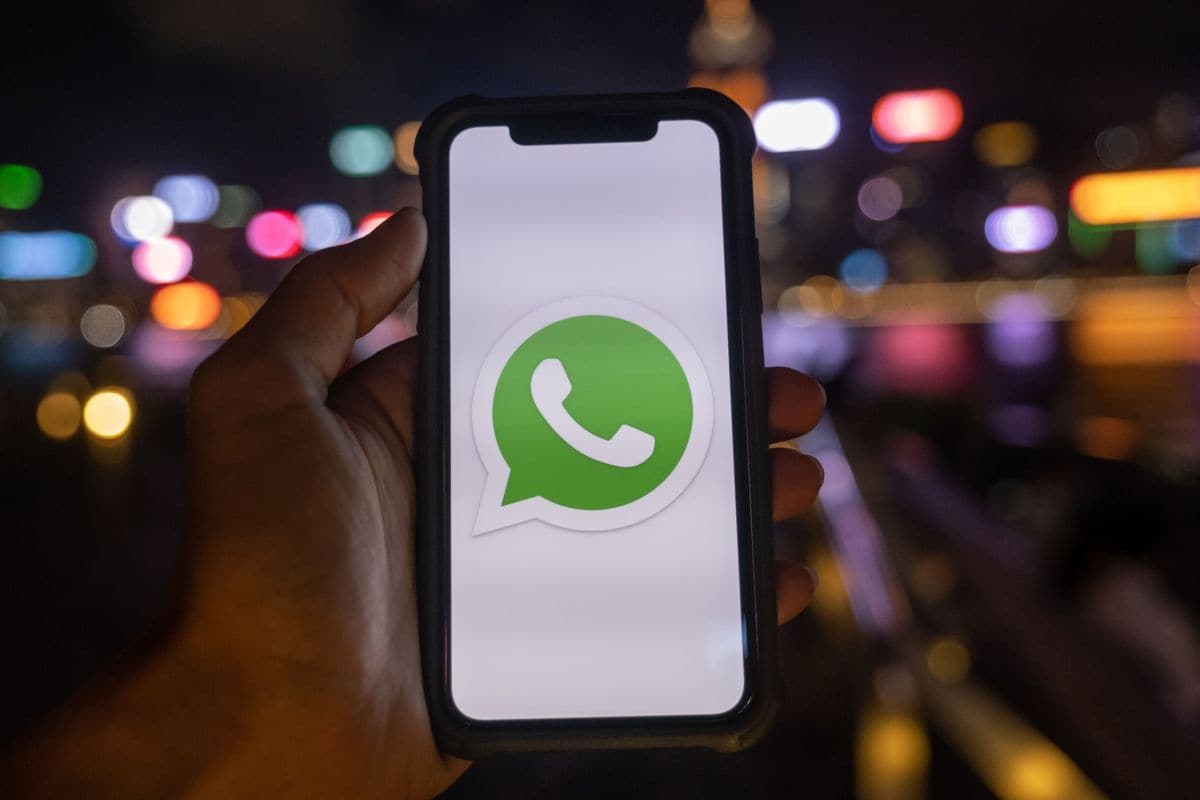Telecom operators’ body COAI on Tuesday made a strong pitch for OTT (over-the-top) communication services to directly compensate telcos for data traffic they are driving onto the networks, as it advocated a licensing and light-touch regulation framework for such services.
Cellular Operators’ Association of India (COAI) Director General SP Kochhar said the association, as part of the draft telecom bill, has given its suggestions on how OTT communication services should be defined to ensure there is no ambiguity.
Other aspects like exact financial model for OTT communication services to compensate telecom service providers will be made to the government going forward as and when the nuances of framework for light-touch regulation is discussed, Kochhar told reporters at a briefing.
OTT communication services include the likes of WhatsApp, Signal, Google Meet, Telegram and other similar apps.
In future, the same principle of revenue share basis data consumption can be applied to other OTTs (all categories) as well, he added. For now, COAI’s suggestions are confined to the realm of OTT communication apps, not the entire ecosystem, since the draft bill mentions communication apps.
COAI maintained that KYC is an essential requirement, be it for telcos or OTT communication services.
Industry bodies COAI and Broadband India Forum (BIF) had been locked in a pitched battle on the issue of treatment of OTTs while consultations on the draft telecom bill was underway.
The telecom service providers, under the aegis of COAI, have been pushing for OTT communication services to be brought under regulation. COAI has been propagating ‘same service same rules’ for OTT communication services and telcos, to ensure a level playing field.
On the other hand, digital think-tank BIF — which counts tech companies such as Tata Consultancy Services, Cisco, Amazon, Google, Microsoft, and Facebook-owner Meta as its key members — has warned that the regulation of OTT players could stifle the socioeconomic ecosystem and hurt innovation.
COAI, in a note outlining the recent submissions on the draft telecom bill, said: “The OTTs providing telecom services similar to telcos such as voice/video calling and messaging within the meaning of telecom Bill… be defined clearly, and the same regulatory and security obligations to be met by them as done by TSPs for providing similar services.” Alternatively, it said, OTT communication service providers can pay directly to the telcos for use of their networks for providing services “in a fair and equitable manner by way of an equivalent interconnect charge (say network access charge) for the actual traffic carried by these OTTs on TSPs network, which can be easily measured.” The contribution of OTTs to network costs can be based on assessable criteria such as volume of traffic, turnover threshold and number of users, among others.
COAI cited a report which estimated that 56 per cent of the global data traffic on telcos’ network is from leading OTTs. The association also went on to suggest that OTT contribution to exchequer, if a levy is put in place, could be about Rs 800 crore.
“Since the telecom service providers will be receiving the revenue from OTTs as part of their telecom services rendered, they would automatically be paying licence fee to the Government (as part of TSP’s Adjusted Gross Revenue) on an incremental basis to the extent of the payments by OTTs to the TSPs,” COAI said.
Other major recommendations of COAI — whose members include Reliance jio, Bharti Airtel and Vodafone Idea — include reduction of licence fee from 3 per cent to 1 per cent, a move the association says will ensure that more funds are available to players for rollout of networks. The suggestion on lowering of levies is also part of COAI’s pre-Budget wishlist to the government.
COAI further said Internet shutdowns not only affect telcos’ Average Revenue Per User, but also the consumer base.
“Non commercial infrastructure is also required to be set up by the telecom service providers in this regard, costing them. Reimbursement for the same to be considered by the Government,” COAI has suggested. There should be standard operating procedures spelt out for such actions and accountability for the same must lie with the officials initiating or supervising such actions, it noted.
Beside this, it said, contributions towards the Telecom Development Fund should be met from budgetary allocation and from amounts collected through spectrum auctions as also “from contribution from entities that cause the traffic, that is, OTTs – streaming, gaming and social media companies”.
So far as protection of users is concerned, the “Bill may be extended to cover cyber or financial fraud or unsolicited commercial communications and may include a proviso to align the powers of Telecom Department on this issue with TRAI. Ideally there should be only one body regulating the issue,” COAI said.
The draft telecom bill seeks to replace three laws — the Indian Telegraph Act, 1885, the Indian Wireless Telegraphy Act, 1933 and the Telegraph Wires (Unlawful Possession) Act, 1950.
The bill proposes all Internet calling and messaging apps to comply with the Know Your Customer (KYC) provisions when they come under the telecom regulation ambit.
The telecom department has also mooted a provision for the refund of fees in case a telecom or Internet provider surrenders its licence.
Affiliate links may be automatically generated – see our ethics statement for details.

